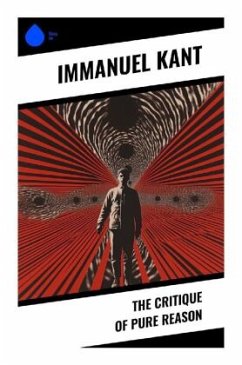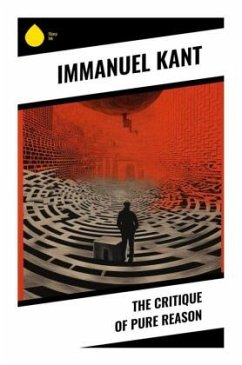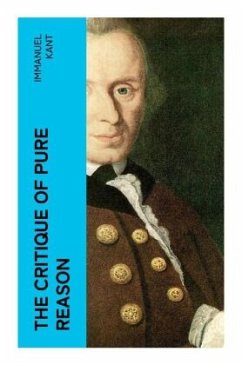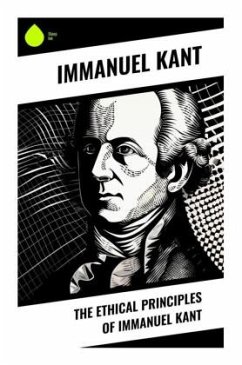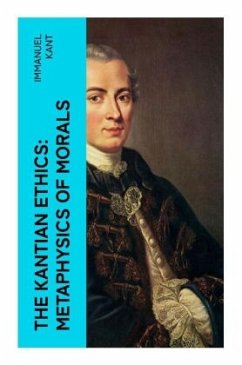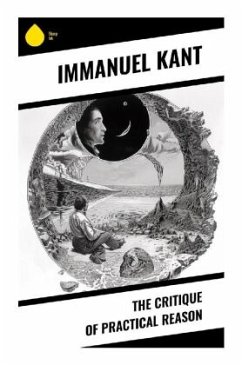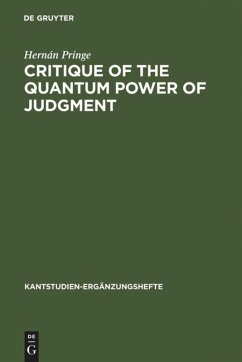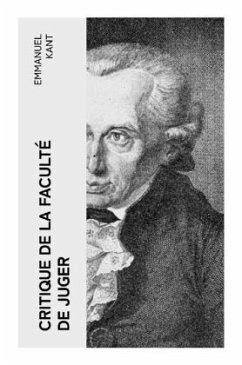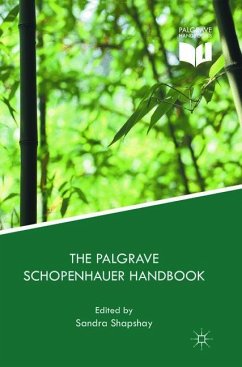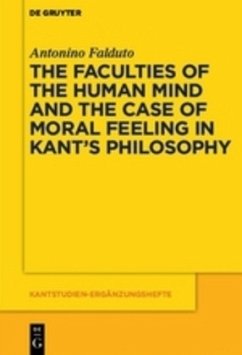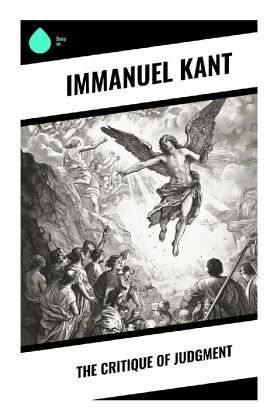
The Critique of Judgment
Versandkostenfrei!
Versandfertig in 6-10 Tagen
13,70 €
inkl. MwSt.

PAYBACK Punkte
0 °P sammeln!
In "The Critique of Judgment," Immanuel Kant tackles the intricate relationship between aesthetics and teleology, presenting a pivotal exploration of the nature of beauty and the judgment of taste. This work, published in 1790, is a cornerstone of Enlightenment philosophy, bridging the gap between his earlier critiques of pure and practical reason. Kant employs a meticulous and analytic literary style, characterized by dense prose and rigorous argumentation, as he articulates his ideas around the sublime and the beautiful, while positing that judgment operates within a framework of subjective ...
In "The Critique of Judgment," Immanuel Kant tackles the intricate relationship between aesthetics and teleology, presenting a pivotal exploration of the nature of beauty and the judgment of taste. This work, published in 1790, is a cornerstone of Enlightenment philosophy, bridging the gap between his earlier critiques of pure and practical reason. Kant employs a meticulous and analytic literary style, characterized by dense prose and rigorous argumentation, as he articulates his ideas around the sublime and the beautiful, while positing that judgment operates within a framework of subjective universality, thus demanding a balance between personal perception and collective standards. Kant, a central figure in Western philosophy, was influenced by the intellectual milieu of his time, including rationalist and empiricist traditions. His diverse scholarly interests-from metaphysics to ethics-informed his exploration of aesthetics in "The Critique of Judgment". The synthesis of his philosophical ideas reflects his quest to establish a moral and aesthetic basis for human experience. This seminal text is recommended for readers interested in philosophy, art theory, and the underpinnings of aesthetic judgment. Kant's insights continue to resonate in contemporary discussions about how we perceive beauty and assign meaning, making this work essential for anyone seeking to understand the complexities of human thought and the nature of judgment.



